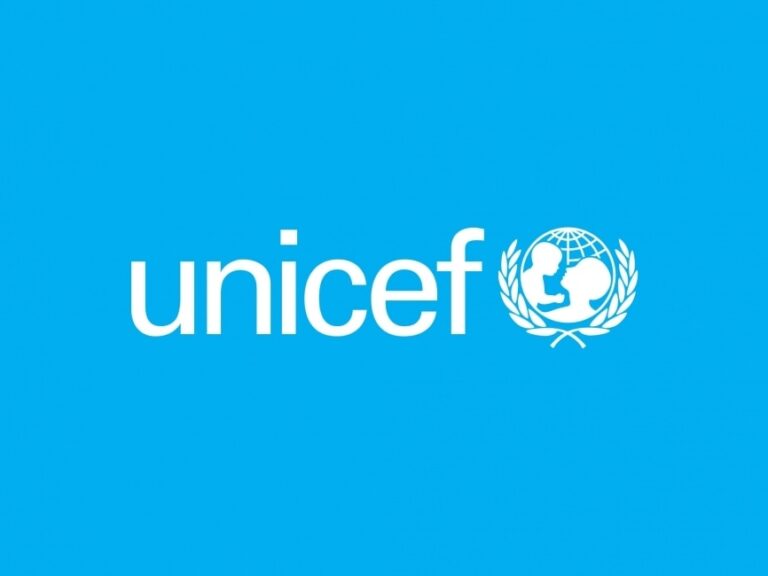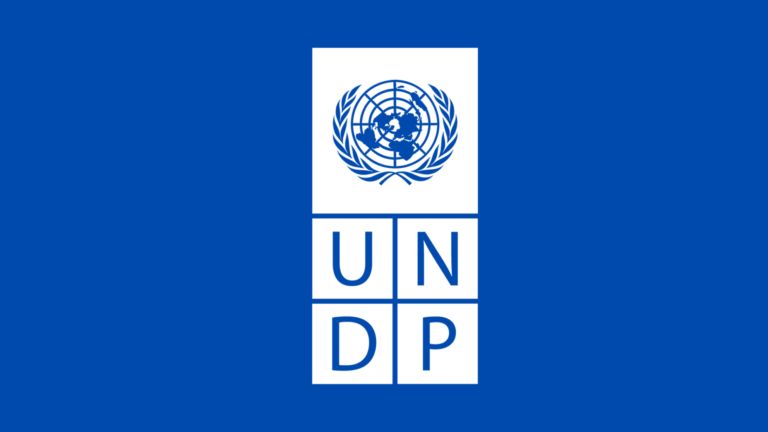Engineering Services for Site Assessment, Design Adaptation and supervision works for Rehabilitation of WASH and MHM Facilities in selected Secondary Schools in Somali Region
LRPS-2024-9196012
Topic- UNICEF (Ethiopia) wishes to request eligible bidders to participate in a Request for Proposal (LRPS) for Engineering Services for Site Assessment, Design Adaptation and supervision works for Rehabilitation of WASH and MHM Facilities in selected Secondary Schools in Somali Region. Interested and eligible bidders can get the bid document with the below link;
2merkato.com – https://tender.2merkato.com/tenders/67c93b772b9366301b08f8d0
Any query or clarification regarding this bid shall be sent through an email to supplyaddisababa@unicef.org before or on 21 March 2025 @11:00AM. There will be a pre-bid meeting on 17 March 2025 @ 2:00 PM. Bid clarifications will be communicated on the same website at 2merkato.com to the public. While sending your request for clarification, please ensure that you specify the LRPS number in the subject email, and provide the name of your company, contact person, email, and mobile number.
The due date for submission of proposals/Bids through dedicated email
eth-supplytenderbox@unicef.org is on or before 2:00 PM (East African Time) on 26 March 2025.
Please read the LRPS for detailed requirements and due dates. Please quote the respective LRPS
(request for quotation) numbers with the request for the Engineering Services for Site Assessment, Design Adaptation and supervision works for Rehabilitation of WASH and MHM Facilities in selected Secondary Schools in Somali Region. LRPS-2024-9196012
SUBMISSION REQUIREMENT
submission of bids should be done as per the below requirements.
a) Technical bid submission should be with a separate email from the Financial bid submission
b) RFP reference and whether Technical or Financial submission should be indicated on the Subject of the email.
c) To reduce the risk of late delivery emails should be sent in good time before the deadline of the bid submission.







